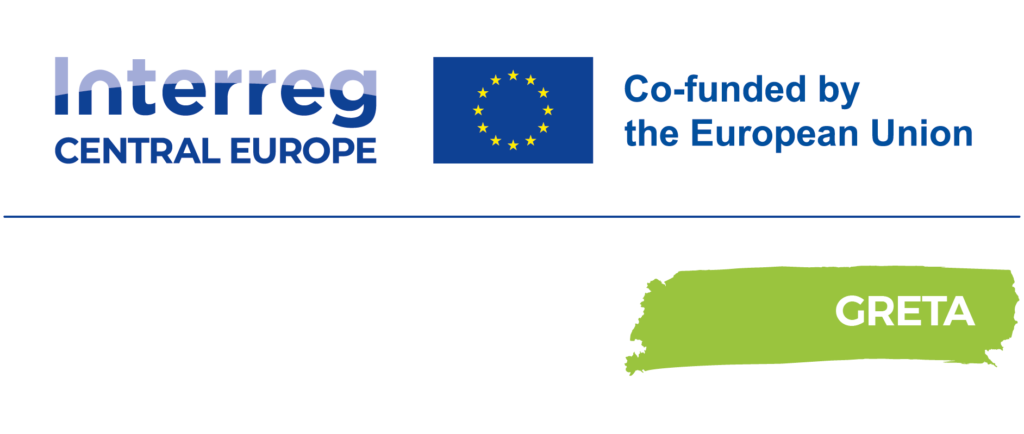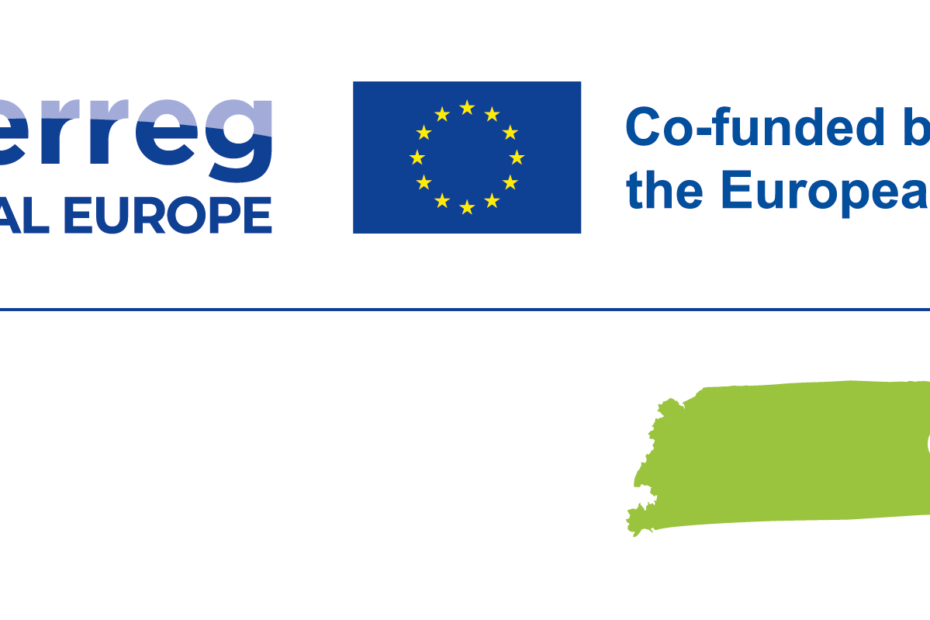
In the ever-evolving landscape of urban transportation, the GRETA project is taking bold steps towards a greener and more accessible future for Functional Urban Areas (FUAs) in Central Europe (CE) by 2030. OPEN ENLoCC, based in Brussels, is proud to be a part of this transformative initiative as it aims to decarbonize last-mile delivery and reshape our cities for the better.
The GRETA Project’s Vision
The GRETA (Green, Reliable, and Eco-friendly Transport Alternatives) project has a clear and ambitious vision: to eliminate the negative impacts of last-mile delivery in CE FUAs. This includes addressing issues such as emissions, noise pollution, and traffic congestion. By 2030, GRETA aims to create cities that are not only sustainable but also highly livable and accessible to all.
Sustainable Solutions for CE FUAs
At the core of GRETA’s strategy are sustainable solutions. The project seeks to achieve this through the use of zero-emission vehicles and cargo bikes, as well as the reorganization of urban spaces through effective curb management. To test and implement these solutions, GRETA is conducting pilot actions in several cities, including Maribor, Reggio Emilia, Verona, Poznan, and Budapest, with Berlin FUA as an observer. These pilot actions have the potential to be quickly deployed alongside existing measures, making them a flexible and adaptive approach to urban transformation.
Capacity Building and Sustainability Beyond the Project
GRETA goes beyond just implementing solutions. It provides capacity-building activities, strategies, action plans, and tools for public authorities, enterprises, and relevant organizations. This ensures that the positive impacts on financial, environmental, and social sustainability extend far beyond the project’s lifetime.
Addressing the Challenges of Last-Mile Delivery
Last-mile delivery is a critical aspect of urban logistics, but it generates significant negative impacts. The COVID-19 crisis has exacerbated these issues, with a nearly doubled global parcel distribution volume. GRETA’s FUAs recognize the problems of pollution, noise, and congestion and have identified three primary challenges: the underutilization of green zero-emission last-mile vehicles, conflicts between freight and public vehicles, and a lack of knowledge and strategies for the flexible and shared use of curbs and public space. Despite having Sustainable Urban Mobility Plans (SUMPs/SULPs), FUAs struggle to enact appropriate measures while keeping their city centers attractive and vibrant.
GRETA’s Comprehensive Approach
GRETA takes a holistic approach to address these common challenges. It aims to promote zero-emission logistics through the use of micro-hubs, cargo bikes, light electric vehicles, and innovative curb management strategies. Additionally, the project explores groundbreaking concepts such as regional collaborative logistics, the physical internet, and freight curb management. GRETA is facilitating a dialogue that promotes a business and governance as a service model. In this model, cities equip themselves with a network of innovative services to ensure seamless experiences for their users and a mobility plan that considers the various functions and priorities of these services.
Driving the Urban Mobility Transition
In summary, GRETA’s overarching objective is to support the transition towards sustainable urban mobility in CE FUAs. It achieves this by collaboratively developing solutions and strategies with significant potential for decarbonizing the last mile, aligning with the Green Deal and the Urban Mobility Package. Through these efforts, GRETA aims to reduce congestion, pollution, and nuisance while enhancing the overall quality of life in our cities. The project’s success hinges on capitalizing on previous experiences, fostering synergies with ongoing initiatives, testing innovative pilots, and continually improving competencies and knowledge among project partners and stakeholders.
As OPEN ENLoCC joins forces with GRETA, we are committed to driving forward the transformation of last-mile delivery in Central Europe. Together with our partners in this ambitious project, we look forward to building more sustainable, accessible, and livable cities for all by 2030. Through innovation and collaboration, we can make this vision a reality.
